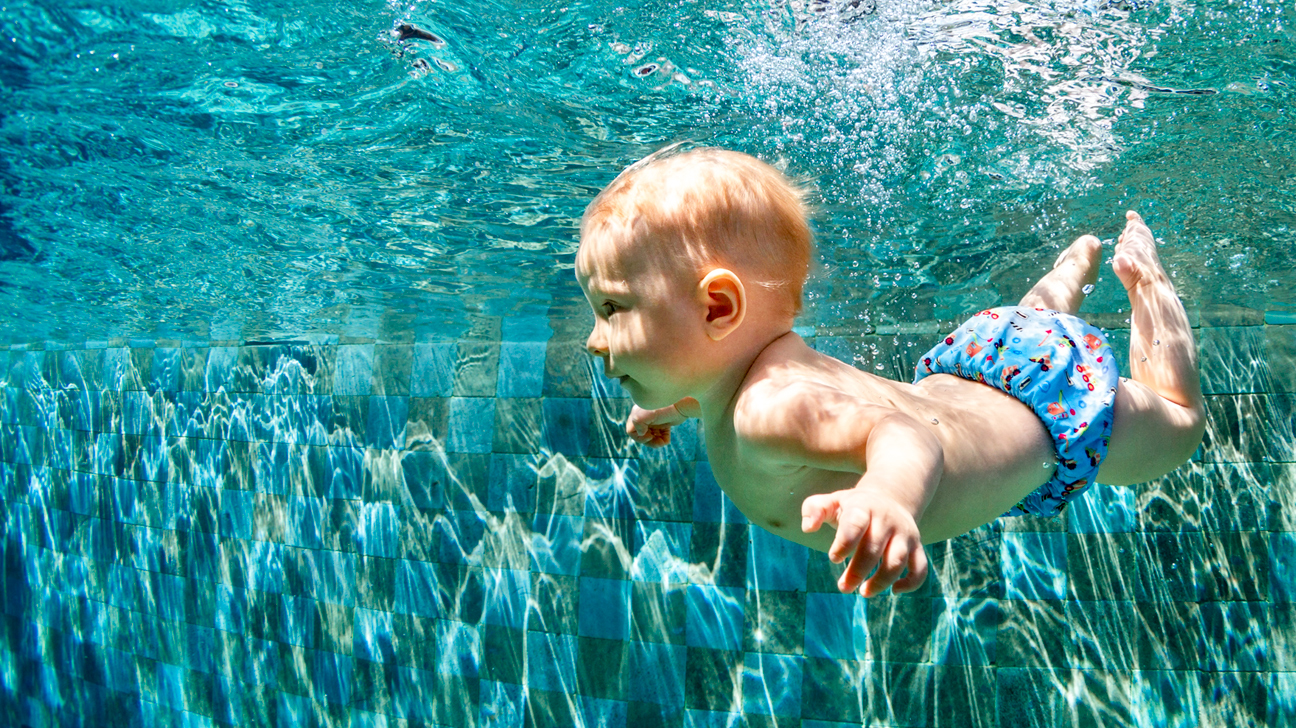According to new research out of the University of Alberta, competitive grown-up swimmers who stop swimming as youths before returning to the sport later in life reported that they originally left because of an unsatisfactory social revel in preference than training overload. Heather Larson, who later completed her Ph.D. Inside the Faculty of Kinesiology, Sport, and Recreation, said that even as there is lots of anecdotal evidence approximately the amount of education being a precursor to burning out and losing out of sports, most of the people she spoke with who dropped out of swimming did so at times after they weren’t getting at the side of their coaches or teammates.
“The rewards were not there,” she stated. “They were putting a lot into it, and it failed to appear to be it turned out to be well worth it.” Larson interviewed 20 masters swimmers—adults who train below the supervision of a coach—to behavior her behave a look at. Masters swimmers include folks who commenced in the sport for the first time as a grownup, folks who continued from teens to masters swimming without taking a smash, and a 3rd institution known as rekindlers, who left swimming after competing in it for the duration of their teenagers, best to go back in a while as adults.
Of the 20 master swimmers interviewed, eight were continuous, and 12 had been rekindlers, all of whom had dropped out of swimming as young adults or adults and taken a leave that lasted anywhere from one to 20 years. “Of course, outside duties frequently got in the way—faculty, the circle of relatives, profession, budget—but I was also interested in whether or not their teens’ swimming stories also stimulated that hole in participation,” said Larson. High school quantity became a common thread. Some of the 20 looked at contributors, but best, one of the rekindlers claimed it was their sole motive for quitting.

Larson mentioned that the continuers all claimed to have a fantastic experience, with excellent social relationships that affected their perceptions of the schooling quantity. She added a number of the continuers praised the positive results of such disturbing schooling. “They stated the high schooling volume taught them subject and time management capabilities, and that made it less complicated to maintain swimming through university and once they were starting a career—the education instilled all of that during them.”
Despite swimming being a disappointing social and overall performance experience for the rekindlers, Larson stated they reported their early training in sport did give them the self-assurance to return, whether or not it turned into health, a newfound social motive, or a brand new avenue for their skills, together with education for a triathlon. And while all the master’s swimmers she spoke with remembered understanding their overall performance limits after they had been youngsters, locating the outer limits in their skills caused an early exit, most uncomplicated for those with no other cause to live in the game.
“For some, overall performance wasn’t the intention because they had these different things they appreciated, approximately swimming, whether it became friends or even that swimming made them feel good. For individuals who said winning turned into their simplest cause for showing up for exercise every day, when they hit that point in which they have been asking themselves, ‘Why am I doing this?’, they left.”
Moreover, rekindlers had been the maximum resentful of the extent of education because the all-encompassing nature of swimming meant they needed to sacrifice other sports. “Kids want autonomy, and they want to feel like it is their preference to be in recreation,” said Larson. “It is unlucky when they’re compelled to pick out among matters they love to do. That is what takes the leisure out of what they may be doing.”
She delivered the consequences of her work, displaying the importance of coaches and mothers and fathers, encouraging various motives for enjoying sports activities, specializing in performance. “There will come a time when they stop enhancing, and that may be hard to cope with unless you have other reasons for participating, like the social elements, the sheer entertainment of movement and fitness, and private development.” Read more at https://phys.Org/news/2019-03-relationships-overload-foremost-children-aggressive.Html#jCp